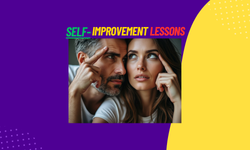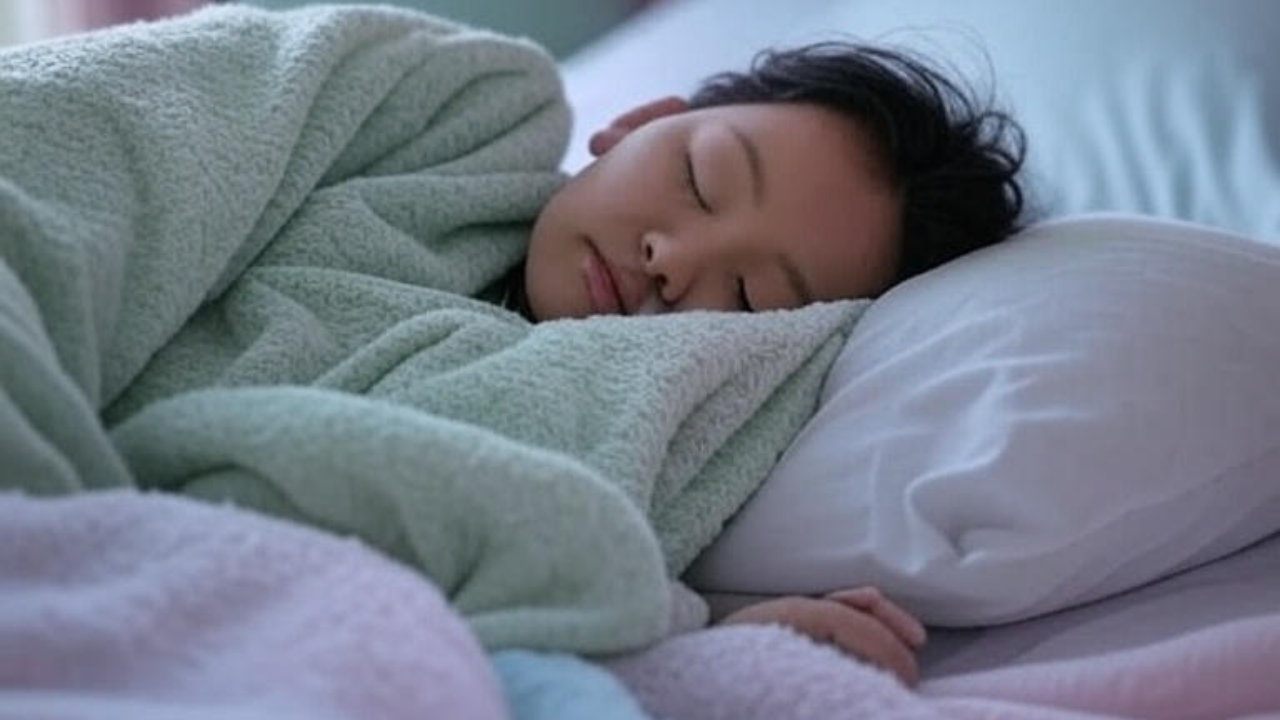The Secret Power of Sleep for Longevity and Holistic Health
Chasing Longevity: Why Sleep is Your Secret Weapon for Holistic Health
I’ve always been a bit of a night owl. In my 20s, I’d stay up until 2 a.m., scrolling through my phone or binge-watching shows, convinced I was “making the most” of my evenings. I’d drag myself out of bed at 7 a.m., bleary-eyed, chugging coffee like it was a personality trait. Sound familiar? I thought I was thriving—until I wasn’t. My energy tanked, my focus was shot, and I started noticing little things: my skin looked dull, my mood was all over the place, and I was forgetting simple stuff, like where I parked my car. It wasn’t until I dove into the science of longevity and holistic health that I realized the real culprit wasn’t my busy schedule or stress—it was my terrible sleep habits.
Sleep isn’t just a break from life; it’s the foundation of it. Research shows that quality sleep is linked to everything from better brain function to a stronger immune system, lower inflammation, and even a longer life. In the quest for holistic health—balancing mind, body, and spirit—optimizing sleep is non-negotiable. Here’s how I turned my sleep game around, plus a step-by-step guide to help you do the same. Spoiler: It’s not about buying a $2,000 mattress or chugging chamomile tea (though that can help).
Why Sleep Matters for Longevity
Let’s get real: Sleep is when your body does its heavy lifting. While you’re dreaming about flying or arguing with your high school math teacher, your brain is clearing out toxins, your cells are repairing, and your hormones are balancing. Skimp on sleep, and you’re shortchanging your body’s ability to heal and thrive. Studies, like one from the Journal of Sleep Research (2023), show that consistently getting 7-9 hours of quality sleep can reduce the risk of chronic diseases like diabetes, heart disease, and even dementia. It’s not just about living longer—it’s about living better.
Holistic health is about harmony, and sleep is the glue that holds it all together. It impacts your mental clarity, emotional resilience, and physical vitality. When I started prioritizing sleep, I noticed I wasn’t just less cranky—I was more patient, creative, and energized for my morning runs. It’s like upgrading your entire operating system.
My Sleep Journey: From Chaos to Calm
A few years ago, I hit a wall. I was working long hours, juggling family life, and trying to keep up with friends. Sleep was the first thing I sacrificed. I’d stay up late answering emails or doomscrolling, thinking, “I’ll sleep when I’m dead.” (Ironic, right?) Then, one day, I forgot an important meeting. My brain felt like it was running on dial-up internet. That was my wake-up call—pun intended.
I started small. I read about blue light’s impact on melatonin and ditched my phone an hour before bed. I swapped my erratic bedtime for a consistent schedule. I even got a cheap sleep mask to block out light. The difference? Night and day. Within weeks, I was waking up feeling refreshed, not like I’d been hit by a truck. My skin cleared up, my workouts got stronger, and I stopped snapping at my partner over misplaced socks. Sleep wasn’t just self-care—it was a game-changer.
Actionable Advice: Your Step-by-Step Guide to Better Sleep
Ready to optimize your sleep? Here’s a practical, no-BS guide based on what worked for me and backed by science. You don’t need to overhaul your life overnight—just take it one step at a time.
Step 1: Set a Consistent Sleep Schedule
Your body loves routine. Going to bed and waking up at the same time every day (yes, even weekends) syncs your circadian rhythm. Aim for 7-9 hours based on what feels best for you. I used to think間に
System: to be a night owl. It wasn’t easy at first—my body fought the 10 p.m. bedtime—but after a week, I felt the difference.
Actionable Tip: Pick a bedtime that works for you (e.g., 10 p.m. to 6 a.m.) and stick to it for 14 days. Use an alarm to remind you to start winding down. Apps like Sleep Cycle can track your consistency.
Step 2: Create a Sleep-Friendly Environment
Your bedroom should be a sleep sanctuary: dark, quiet, and cool (60-67°F is ideal, per the National Sleep Foundation). I used to sleep with streetlights streaming through my window, and it wasn’t until I got blackout curtains that I realized how much light was disrupting my rest.
Actionable Tip: Invest in blackout curtains or a sleep mask (I got mine for $8 on Amazon). Use earplugs or a white noise machine if noise is an issue. Keep electronics out of the bedroom—trust me, it’s worth it.
Step 3: Limit Blue Light Exposure
Blue light from screens suppresses melatonin, the hormone that signals it’s time to sleep. A 2021 study in Nature found that evening screen time delays sleep onset by up to 30 minutes. I noticed a huge shift when I stopped checking my phone before bed.
Actionable Tip: Set a “digital curfew” 1-2 hours before bed. Use blue light filters on devices (most phones have a Night Shift mode) or wear blue-blocking glasses if you must use screens.
Step 4: Build a Wind-Down Routine
Rushing from work to bed is a recipe for tossing and turning. Your body needs time to shift gears. I started a simple routine: dim lights, a warm shower, and 10 minutes of journaling or reading (no thrillers!). It’s like telling your brain, “Hey, it’s chill time.”
Actionable Tip: Create a 30-60 minute routine. Try calming activities like stretching, meditation, or sipping herbal tea (chamomile or valerian root work wonders). Avoid heavy meals or alcohol at least 3 hours before bed.
Step 5: Optimize Your Morning
Morning light exposure helps regulate your circadian rhythm. I started taking 10-minute walks after waking up, and it’s like hitting reset on my energy levels.
Actionable Tip: Get 15-30 minutes of natural light within an hour of waking. If it’s dark or cloudy, a light therapy lamp (10,000 lux) can mimic sunlight. Pair it with movement—yoga, a walk, or even dancing to your favorite playlist.
Relatable Pitfalls and How to Avoid Them
We’ve all been there: you’re trying to sleep better, but life gets in the way. Here are some common traps and how to dodge them:
The “Just One More Episode” Trap: Binge-watching is tempting, but it’s a melatonin killer. Set a timer or use a browser extension like StayFocusd to limit streaming.
The Weekend Lie-In: Sleeping in on Saturday feels great but can throw off your rhythm. Cap lie-ins at an extra hour and get morning light to reset.
The Caffeine Crutch: That 3 p.m. latte can linger in your system for 6-8 hours. Switch to decaf or herbal tea after noon.
The Longevity Payoff
Optimizing sleep isn’t just about feeling good today—it’s an investment in your future. Better sleep means better memory, a sharper immune system, and less stress, all of which add up to a longer, healthier life. I’m not perfect at it (I still sneak a late-night TikTok scroll sometimes), but the nights I follow my routine, I wake up feeling like I can take on the world.
Start small, be patient, and track your progress. I use a journal to note how I feel each morning—it’s motivating to see the wins stack up. Your body, mind, and spirit will thank you.
What’s your biggest sleep struggle? Drop a comment—I’d love to hear and share tips! Let’s all live longer, healthier, and well-rested.
I hope my blog post, Chasing longevity: why sleep is your secret weapon for holistic health, helps. Thank you for reading. Kindly share it. Let us continue to improve ourselves every day! 🙂




